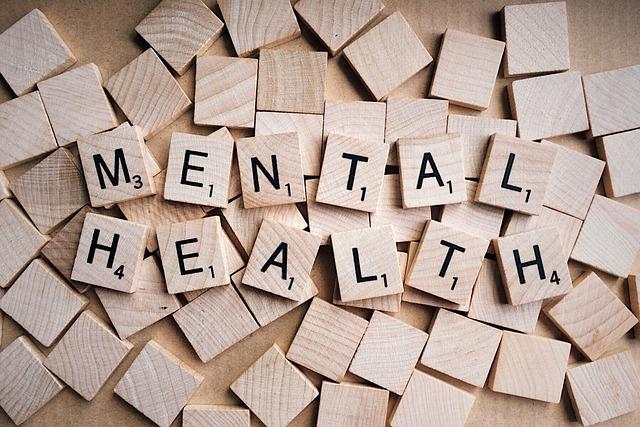
In today’s fast-paced world, stress and anxiety have become common issues for people of all ages. However, children are not immune to these problems, and as they navigate the challenges of growing up, they may experience their fair share of stress and anxiety. This is where mental health matters the most, as it plays a crucial role in helping kids cope with these issues and build the resilience they need to thrive.
Mental health is a broad term that refers to a person’s emotional, psychological, and social well-being. It encompasses how we think, feel, and behave, and it influences how we handle stress, relate to others, and make choices. For children, mental health is just as important as physical health, as it impacts every aspect of their lives, from school performance to relationships with family and friends.
One of the key aspects of mental health is the ability to manage stress and anxiety. Stress is a natural response to challenging situations, and it can be helpful in small doses, as it can motivate us to take action and solve problems. However, when stress becomes overwhelming and persistent, it can lead to anxiety, a more serious mental health issue that can significantly impact a child’s well-being.
Stress and anxiety can manifest in a variety of ways in children. Some kids may become irritable, restless, or have trouble concentrating, while others may experience physical symptoms like headaches or stomachaches. They may also exhibit changes in behavior, such as withdrawing from activities they used to enjoy or avoiding social interactions. If left unaddressed, stress and anxiety can affect a child’s academic performance, sleep patterns, and overall mental and physical health.
As parents, caregivers, and educators, it is essential to recognize the signs of stress and anxiety in children and provide them with the support they need to navigate these challenges. Here are some tips on how to help kids cope with stress and anxiety and build their mental resilience:
1. Create a supportive and nurturing environment: Children thrive in environments that are safe, stable, and supportive. Parents and caregivers can foster a sense of security by providing consistent routines, open communication, and unconditional love and acceptance. Encourage kids to express their thoughts and feelings, and listen to their concerns without judgment.
2. Teach coping skills: It is essential to teach children healthy ways to cope with stress and anxiety. Encourage them to engage in activities that promote relaxation and self-care, such as deep breathing, mindfulness, yoga, or creative arts. Help them develop problem-solving skills and effective communication strategies to address challenging situations.
3. Promote physical health: Physical health and mental health are closely connected, so it is crucial to prioritize healthy habits like regular exercise, nutritious diet, and sufficient sleep. Physical activity can help reduce stress and anxiety by releasing endorphins, the body’s natural feel-good chemicals. Make sure kids get enough rest and eat balanced meals to support their overall well-being.
4. Encourage social connections: Building supportive relationships with family, friends, and peers is essential for children’s mental health. Encourage kids to spend time with loved ones, engage in social activities, and participate in community events. Social connections can provide emotional support, boost self-esteem, and help kids feel more connected and resilient.
5. Seek professional help when needed: If a child’s stress and anxiety persist or interfere with their daily life, it may be necessary to seek professional help. A mental health professional, such as a therapist, counselor, or psychiatrist, can provide a diagnosis, treatment, and support tailored to the child’s needs. Therapy, medication, or other interventions may be necessary to help kids manage their mental health issues effectively.
In conclusion, mental health matters, especially for children facing stress and anxiety. By creating a supportive environment, teaching coping skills, promoting physical health, encouraging social connections, and seeking professional help when needed, parents, caregivers, and educators can help kids navigate these challenges and build the resilience they need to thrive. By prioritizing mental health and well-being, we can ensure that children grow up happy, healthy, and equipped to face life’s ups and downs with confidence and resilience.

















